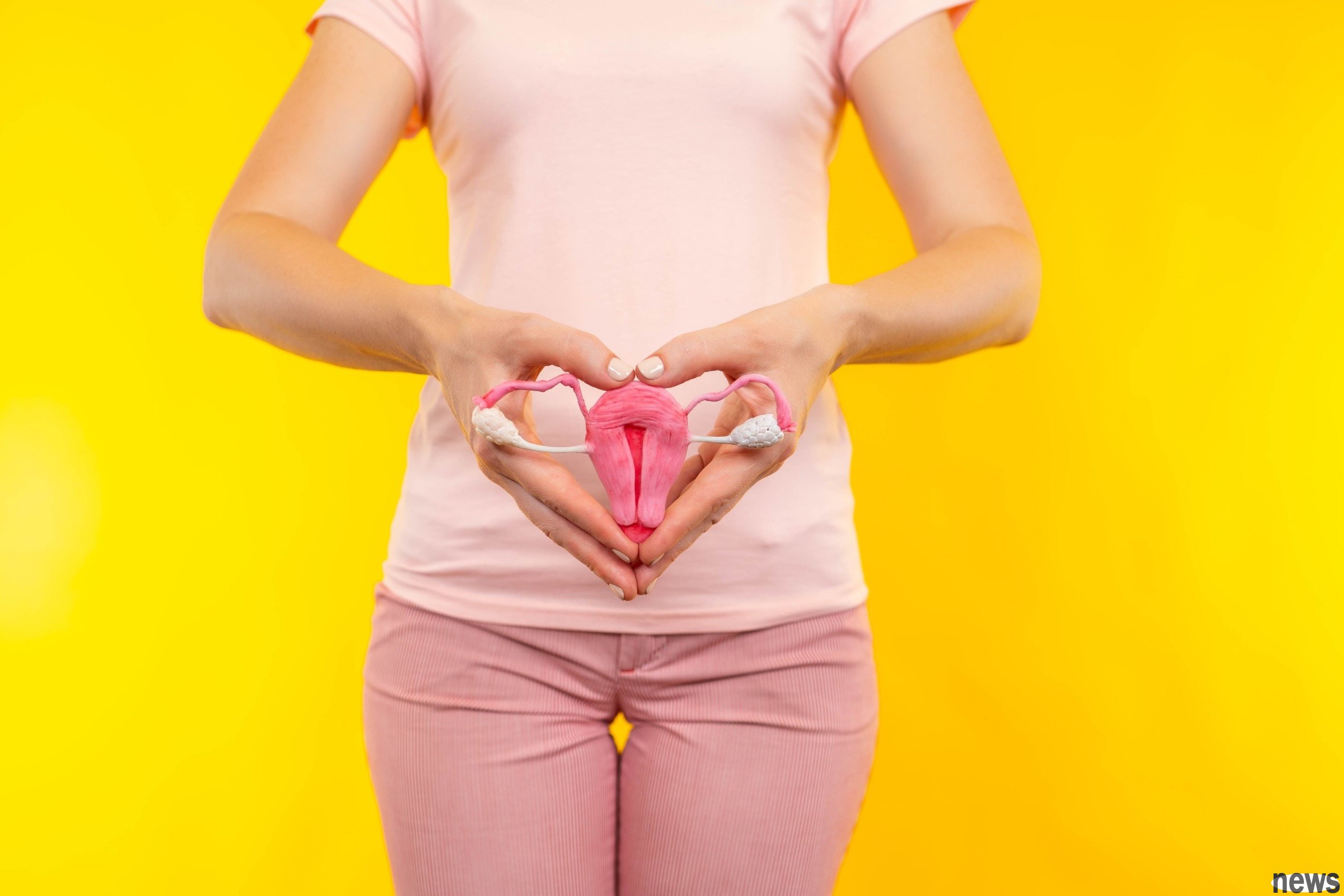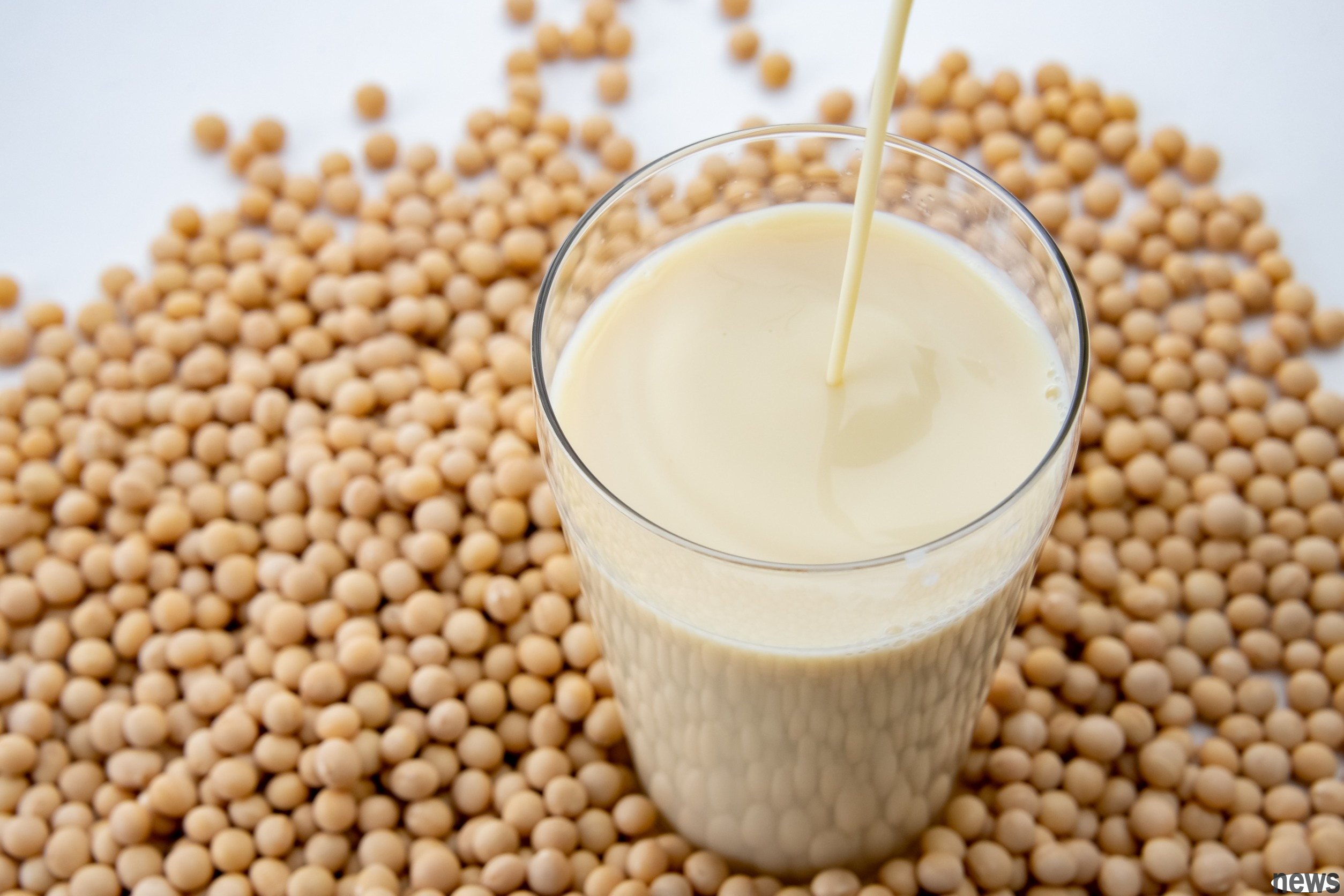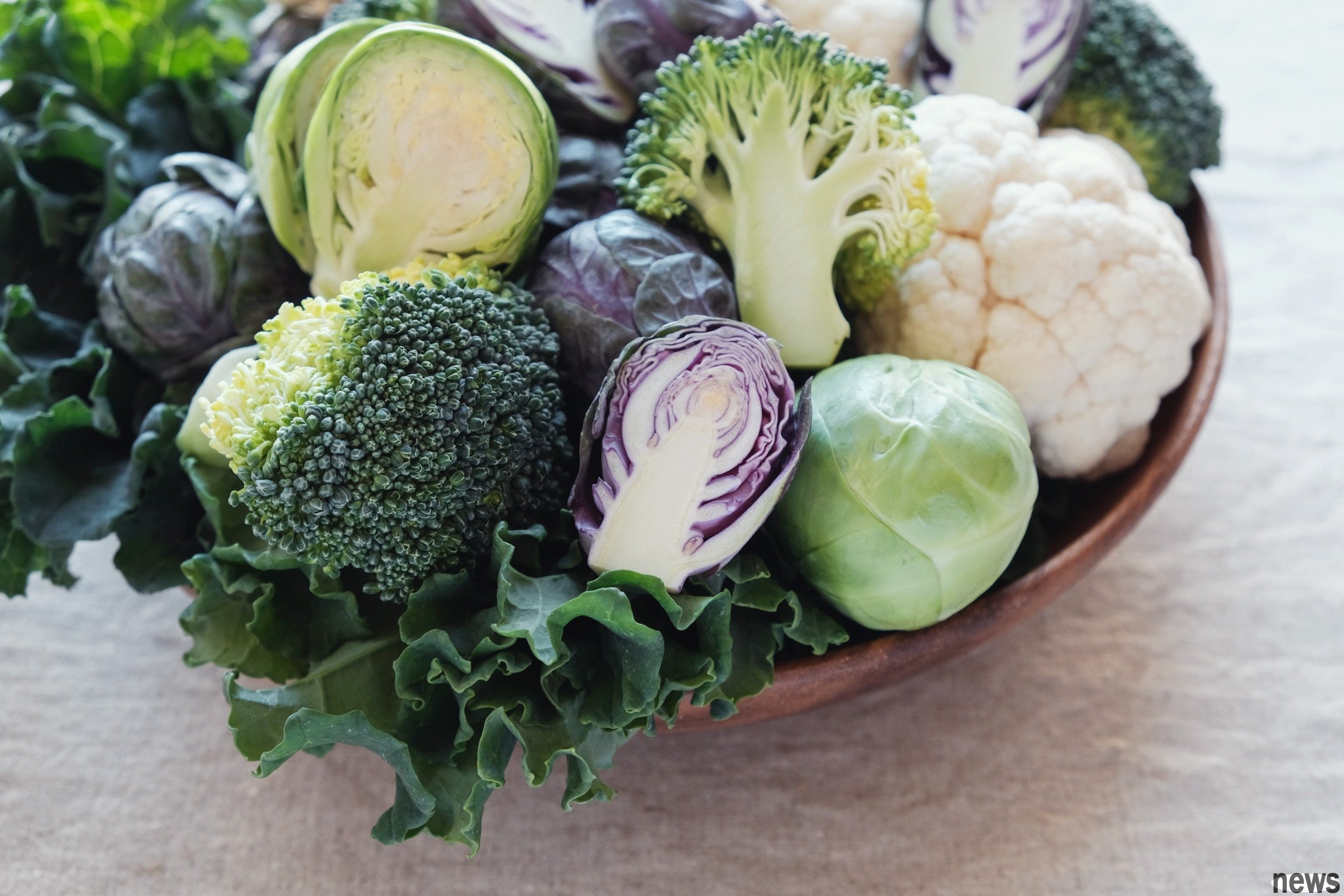
The survey found that almost one in every three women had a uterine fibroid. The formation of uterine fibroids is related to the abnormal secretion of estrogen. The female body will automatically adjust the endocrine, but if it is often exposed to environmental hormones, artificial estrogen, etc., it is easy to stimulate the body to produce fibroids. If you want to reduce myocardial fibroids, which diet is the most effective?
1. Eat less fatty meatFatty meat is the place where the body stores the most fat-soluble toxins, including artificial hormones, growth hormones for use, plasticizers, agricultural medicines and other environmental hormones. Therefore, eat less fatty meat such as pig skin, chicken skin, pig pork belly, beef pork belly, and various processed red meats such as bacon, ham, and scented glutinous rice. For food, seafood, lean meat and bean products should be selected. If you really like to eat cream, pork belly, and chicken skin, it is recommended to choose grass meat or mountain chicken.
2. Reduce dairy productsMilk and other dairy products have always been the food that is under dispute. Milk is rich in calcium quality and vitamin B group, which can help the body replenish calcium and energy. However, in modern cattle breeding environment, usually, let the cows conceive repeatedly to obtain a large amount of milk for everyone to eat. In this case, cow milk and sheep milk will contain a considerable amount of estrogen. If you drink a lot of milk every day, it is indeed possible to develop genital fibroids. Therefore, it is recommended that people with genital fibroids reduce their drinking frequency, but it is not completely eliminated.


Research has found that cruciferous vegetables have indole phytochemicals, which not only help liver detoxify and fight cancer cell division, but most importantly, it can regulate the secretion of estrogen and prevent and inhibit the growth of fibroids in the uterus. Green cauliflower, green cabbage, rapeseed, sauerkraut, cabbage, kale, etc. are all cruciferous vegetables. It is recommended to take at least one serving per day (each serving is about half a bowl of cooked vegetables).
. It is a very powerful antioxidant and can also help the liver secrete juice. In other words, ginger can convey fat-soluble toxins stored in the liver, such as plasticizers, agricultural medicines, artificial growth hormones, artificial estrogens and other environmental hormones. In the case of high temperature and oil rich in ginger, the human body has the best absorption rate. It is recommended that you buy ginger powder directly, mix the ginger in raw rice, pour a little oil, and cook it into a meal. This is the most convenient.
6. Suggested weight reductionStudies have found that when the weight increases, fat cells will release more estrogen, resulting in hormone and endocrine misalignment. Especially for women with obese abdomen, they have a more chance of stimulating the growth of fibroids in the uterus. Therefore, women with excessive body weight (BMI greater than 24), or waist greater than 80 cm are recommended to reduce weight.
Responsible editor: Gu Zihuan